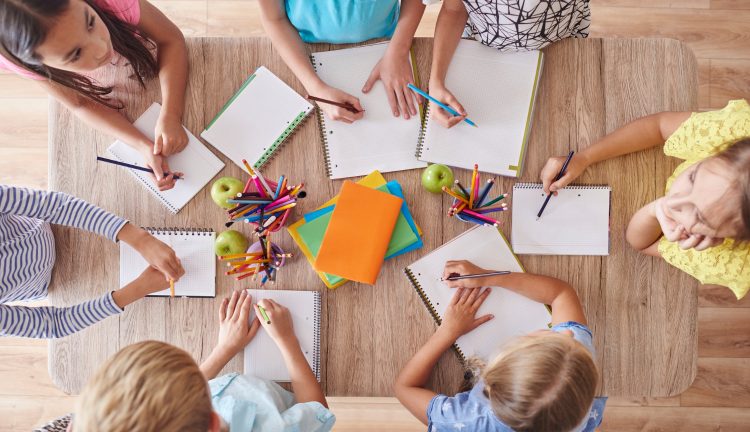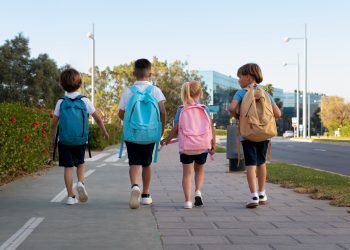Introduction
Unlike co-curricular activities, extracurricular activities are essentially not a part of the school curriculum. It focuses on children’s interests outside of academic setup or school learning. They come as optional activities in which children can partake.
Most people are under the assumption that extracurricular activities hinder or distract the purpose of education. However, after years of observation and understanding, our school, Global Indian International School, Ahmedabad, has found that when balanced adequately with formal education, extracurriculars enhance student learning, perception, resilience, self-efficacy, confidence, socio-emotional strength and even lead to developing lasting friendships.
Extracurricular activities shape students into all-rounders, improving their focus and commitment to pursue anything they set their minds to. It enables them to achieve vital benchmarks of personal, interpersonal and social maturation, says the authors of the paper ‘A WELL-ROUNDED EDUCATION for A FLAT WORLD’. In this article, we will talk about the academic, social, and emotional benefits of extracurricular activities along with a few of GIIS Ahmedabad’s extracurricular programs, which have birthed many success stories and student achievements.
Academic Privileges of Extracurricular Activities
Although extracurricular activities are not part of the school curriculum, children who participate passionately have demonstrated a sense of personal responsibility, cognitive ability, and discipline. This has permeated into their academic learning; therefore, steady growth is observed in their class tests, semester examinations and assessment completion.
Improved time management, effective study habits, and a strong sense of purpose are noticeable changes children develop when exposed to long-term extracurricular activities. It would also allow everyone on campus, from students to staff, to work closely to create an environment where learning happens everywhere. In the words of the authors of ‘A WELL-ROUNDED EDUCATION for A FLAT WORLD’, “The whole campus then becomes a learning community in which student-learning experiences can be mapped across the entire environment to deepen the quality of learning.”
Apart from this, universities and colleges see students’ extracurricular activities as a positive influence, an expanded learning opportunity which will increase their chances of securing admission and scholarships in the best places.
Social and Emotional Perks of Extracurricular Activities
Extracurricular activities are essential for physical development and academic enhancement. They dramatically improve children’s social skills like self-awareness, self-compassion, and adaptability, such as teamwork, collaboration, communication, and emotional balance.
For example, playing chess at a young age improves students’ strategic and critical thinking, creativity and imagination. Yet we are also teaching them how to handle success and failure, an important social skill to accept the worldly challenges growing up. Children gain expertise in any field at their prime age, developing self-acceptance, self-esteem and confidence.
When children grow up, they increasingly focus their time and energy on preparing for higher studies. These activities act as a means for cathartic release, relieving stress in the body and maintaining emotional well-being.
GIIS Ahmedabad’s Extracurricular Programs
Global Indian International School Ahmedabad has consciously observed and implemented several extracurricular programs for children; participating in them would give them physical capability and social-emotional skills, all of which benefit them academically.
Roller Skating, Chess, Martial Arts – Wushu, CB GCA Cricket, Basketball and Badminton are some of our best extracurricular offerings.
The “positive youth development” approach (Larson, 2000) suggests that extracurricular activities stimulate the development of intellectual, psychological and social skills because they offer opportunities to belong to a group and the presence of an autonomy-supporting adult giving guidance and promoting feelings of physical and psychological safety. This is in line with self-determination theory (Deci & Ryan, 1985), which assumes that the three basic needs for autonomy, social relatedness and competence drive individual motivation processes.









